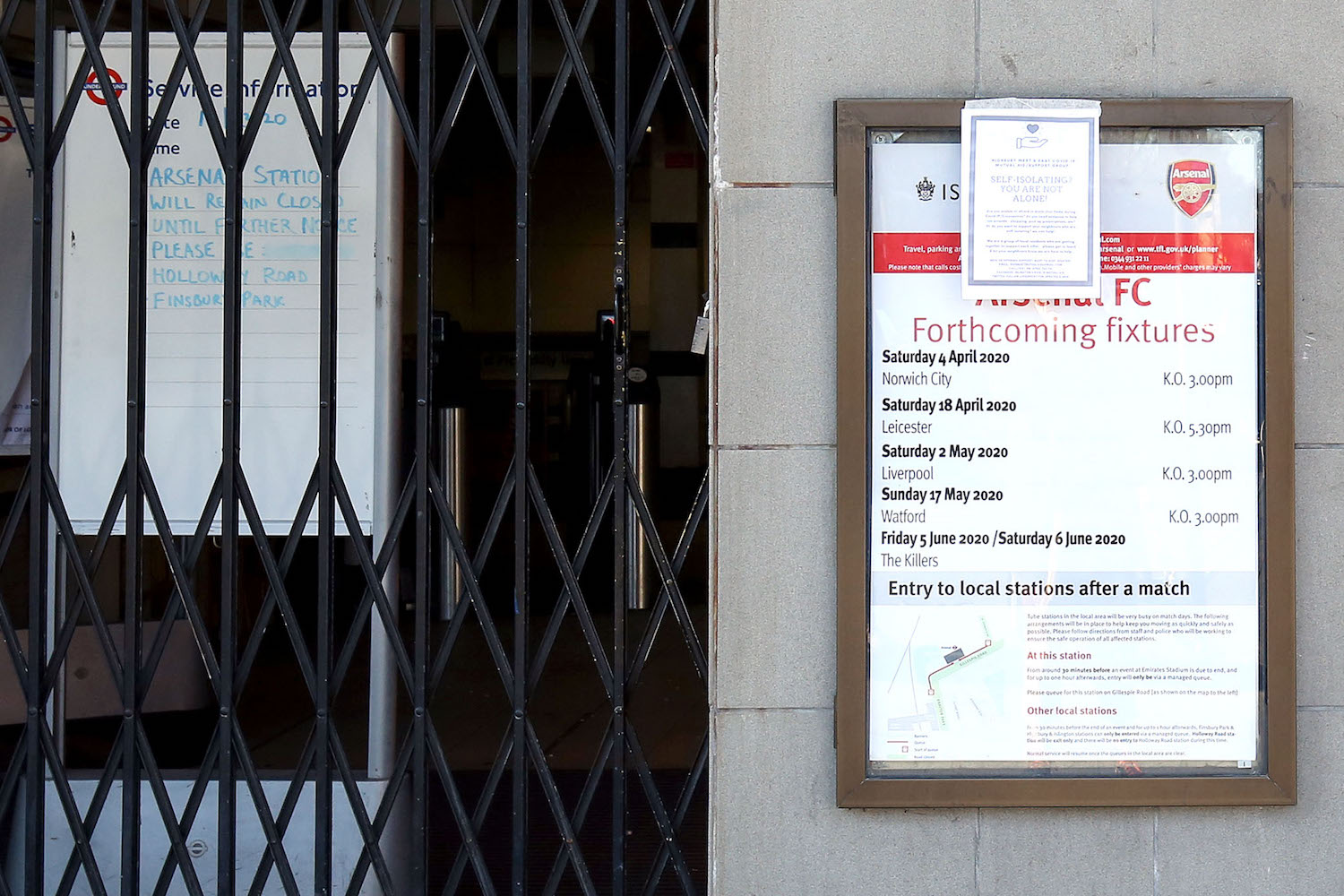There seems to be a consensus amongst event organisers – likely as a result of privately relayed government advice - that any event with a substantial number of people (let’s call the figure 500 for the sake of argument) is not going to happen until 2021 is with us at the earliest.
The impacts for the game – especially at lower league level – are obvious. Clubs who are reliant on matchday income will not be able to pay players if games take place behind closed doors. Larger clubs can survive on broadcast and sponsorship money on the assumption that crowds will return at some point. Businesses that rely on making income from people attending football matches are already suffering badly, although those who like to follow betting tips will ensure betting websites thrive again, even for a sport without spectators. Doubtless there will be more interest than normal in the UK for the Bundesliga in the immediate future for this reason alone.
However, playing matches in without spectators is not a desirable situation. Aside from the financial aspect, we wait to see what kind of spectacle clubs playing habitually in front of empty stands will provide.
One potential solution being looked at is the idea of an e-passport which would allow an individual to mix with others on the basis that they have are virus-free, having developed the appropriate anti-bodies. Once a person has an official virus-free certification, from a doctor, hospital, or other Government sanctioned organisation, it works as follows:
A digital e-passport can be hosted on a smartphone (or printed). The e-passport would be issued once a person is virus-free, with the appropriate antibodies.
The passport can be delivered to an individual’s phone so that they can enter stadiums, concert venues, theatres, bars and restaurants. Equally, this will allow athletes, administrators, officials, journalists, catering staff, stewards and anyone else involved in the delivery of live entertainment or food and drink to return to work safely.
It's a quick and straightforward way to get people back into the community and live sporting events, although obviously dependent on a reliable test to provide the certification. This would mean that we do not have to wait for the development of a vaccine (and there are a significant number of people who would prefer to develop their own immunity by natural methods – remembering that the vast majority of people do not suffer greatly if they contract the virus).
Granted, those who are in the vulnerable category may feel cautious about coming into close contact with others, even if they have developed antibodies to the virus. That is a matter of personal choice, but I suspect that many people who regard themselves as healthy would be happy to mix again if they knew they had developed antibodies – on this level, there is an argument that the herd immunity policy in countries like Sweden has accelerated their ability to return to some kind of normality. As it stands, it appears as if – in terms of the number of fatalities as a percentage of the population – Sweden won’t be very different from those nations that have gone with the lockdown option.








